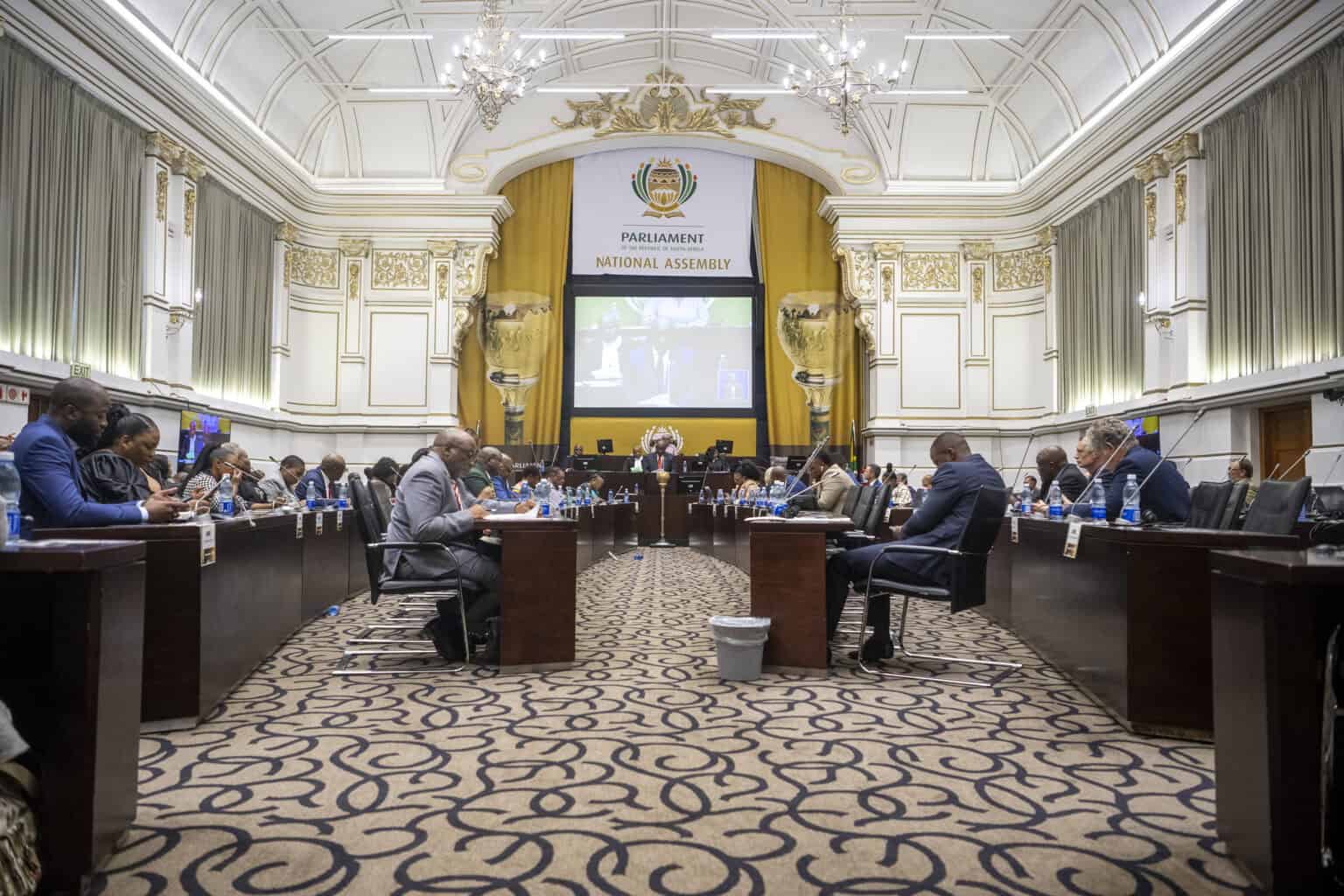Vetting of government employees is facing multiple challenges.

The Presidency has informed Parliament that vetting public servants continues to pose challenges, while more than 1 000 government employees have already been flagged for various transgressions.
On Tuesday, the Standing Committee on Public Accounts (Scopa) met with the Presidency and the Special Investigating Unit (SIU) to review the progress of anti-corruption measures in South Africa.
SIU investigations
Deputy Minister in the Presidency Kenny Morolong attended the session where it was revealed that the SIU has issued 14 investigative reports since November 2024.
In the same period, President Cyril Ramaphosa authorised 33 new proclamations empowering the SIU to probe government departments and state entities suspected of mismanaging taxpayer funds.
Jonathan Timm, a Director in the Presidency, told Scopa that the SIU’s investigations have spanned entities such as the City of Johannesburg, National Treasury, Department of Water and Sanitation, City of Ekurhuleni and the Independent Development Trust (IDT), among others, resulting in administrative, disciplinary and systemic recommendations.
According to Timm, the Presidency is tracking how departments implement the SIU’s recommendations.
He reported that 1 278 public servants had been flagged for disciplinary action by the SIU.
ALSO READ: SIU recovers R6 billion through investigations but remains underfunded
Of these, 370 cases have been finalised and 608 remain ongoing, while information is still outstanding on 300 individuals.
Timm further disclosed that 44 officials were dismissed from the public service following investigations.
This list included one acting head of department, three municipal managers, three acting deputy director-generals, 12 chief directors and four chief financial officers (CFOs).
“There are several more found guilty and subjected to less severe forms of sanctions such as demotions, suspension without pay, and written warnings,” the Presidency official explained.
Additionally, 55 government employees resigned before their disciplinary cases could be concluded.
“This is a challenge that we are seeking to address through a couple of interventions to ensure that the charges and cases follow those officials should they return to the public administration,” he said.
Watch the meeting below:
Blacklisting
On the blacklisting of companies from trading with the state, Timm said the SIU had recommended that 467 individuals and companies be added to the National Treasury’s restricted suppliers register.
However, only one company currently appears on the database.
He explained that SIU referrals for blacklisting were often delayed or failed to reach the register, creating uneven responses and allowing some officials to resign before disciplinary proceedings were finalised.
Timm also highlighted that the Personnel and Salary System (Persal) was being used to track dismissals and resignations with pending cases across the public service.
“The Persal dataset does give us sight of where matters have been acted on, but the Presidency hasn’t received communication.”
“So, some of what we are seeing on these numbers is a lack of communication, not a lack of action. But as our system expands and matures, we will close down that gap.”
Delays in vetting public servants
Vetting of government employees, handled by the State Security Agency (SSA) on behalf of the Department of Public Service and Administration, is facing multiple challenges.
Timm told MPs that delays stem from non-compliance by individuals required to be vetted, officials failing to submit documents such as financial statements, and missed appointments for polygraph tests.
Other issues include the slow turnaround time for fingerprint checks at the South African Police Service (Saps) criminal record centre, as well as capacity and budget constraints within the SSA.
Timm assured the committee that the SSA has developed an action plan to tackle these delays.
“The State Security Agency is focusing its efforts where the highest priority is, given the huge load of vetting,” he said, adding that employees in executive, supply chain management, security, ICT and specialised roles are being prioritised.
MPs’ concerns
Scopa chairperson Songezo Zibi expressed concern that only one company appears on the restricted supplier register despite SIU’s referrals.
He also called the 300 unresolved disciplinary cases “a staggering number”.
“I do need to understand the process of what happens. Why do these get ignored?” he said.
EFF MP Veronica Mente-Nkuna said the committee expected SIU recommendations to be implemented and monitored, adding that some disciplinary actions were too lenient.
“Then the very same officials pop up in either municipality or entities, but the cycle doesn’t change.
“They still produce the same results because their incompetence will not be changed by the change of environment.
“It’s either the Presidency recommends very strong training for officials or we remove people, in particular those implicated in malfeasance, maladministration, and corruption,” Mente-Nkuna said.
She also questioned why vetting remains outstanding for officials who are already employed in government, citing former Eskom CEO André de Ruyter, who declined to be vetted.
“We have an example of what happened at Eskom when that guy left, wrote a book, and then thereafter we all realised that the guy was never vetted and he refused.
“What do we do when a person is refusing to be vetted? Why are we not removing them instantly? Why do we keep them until they are gone?”






!['It looks like a Star Wars movie', flood damages to Kruger National Park is substantial, minister says [VIDEO]](https://media.citizen.co.za/wp-content/uploads/2026/01/Kruger-National-Park-300x200.jpg)